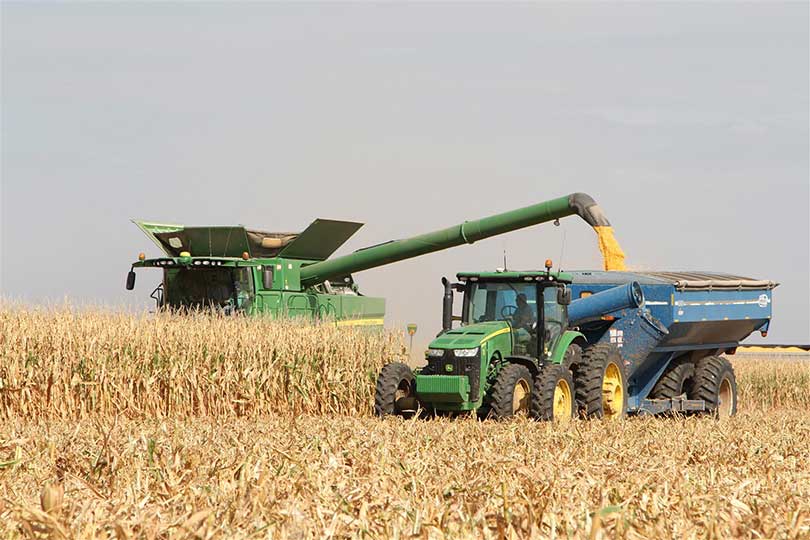By Jessica Domel
Multimedia Editor
Another merger of agribusinesses is moving forward. China National Chemical Corporation (ChemChina) recently announced it has the support it needs from Syngenta shareholders to move forward with its $43 billion takeover bid.
Preliminary numbers released by the company reveal more than 80 percent of Syngenta shares have been tendered, exceeding the minimum acceptance rate of 67 percent.
When finalized, the deal between Swiss agricultural company Syngenta and ChemChina will be China’s largest business takeover of a foreign company.
Syngenta’s portfolio of top-tier chemicals and patent-protected seeds is what initially attracted ChemChina to Syngenta, according to Fortune.
ChemChina is reportedly hoping the takeover will help China improve its agricultural output.
The takeover moved another step forward Wednesday, May 10, as definitive notice of the interim results of the offer were presented.
The additional acceptance period is now underway.
On May 16, shareholders will receive a payment of special dividends.
A first settlement will likely be reached May 18.
If all goes according to ChemChina’s timetable, all steps to the closing of the offer should be completed by June 7.
The ChemChina takeover deal is one of several agribusiness mergers under consideration internationally.
Antitrust officials are reviewing a merger between Dow Chemical and DuPont. Shareholders from the two companies approved the merger unanimously in June.
If allowed to merge, the company will be named DowDuPont and split into three independent, publicly traded companies.
Dow officials said at the time, they hope the separation will occur 18-24 months after the closing of the merger.
The three separate companies would include: an agricultural company, a material science company and a technology and innovation-driven specialty products company.
The agricultural company would unite DuPont and Dow’s seed and crop protection businesses.
The material science company will include DuPont’s performance materials segment, Dow’s performance plastics, performance materials and chemicals, infrastructure solutions and consumer solutions. It would exclude the Dow electronic materials business.
The specialty product company is slated to include DuPont’s nutrition and health, industrial biosciences, safety and protection and electronics and communication, as well as the Dow electronic materials business.
German-based Bayer and Monsanto announced a $66 billion merger last year.
If approved by anti-trust regulators, the combined company would be the world’s largest seed and crop protection company.


Is it wise to let giant foreign corporations control all of our patents? What is the danger of Americans like me paying way more for food than before these foreign corporations merged (bought) our agricultural companies. It already seems to me that the big boys have pushed out the mom and pop farms in the last decade.